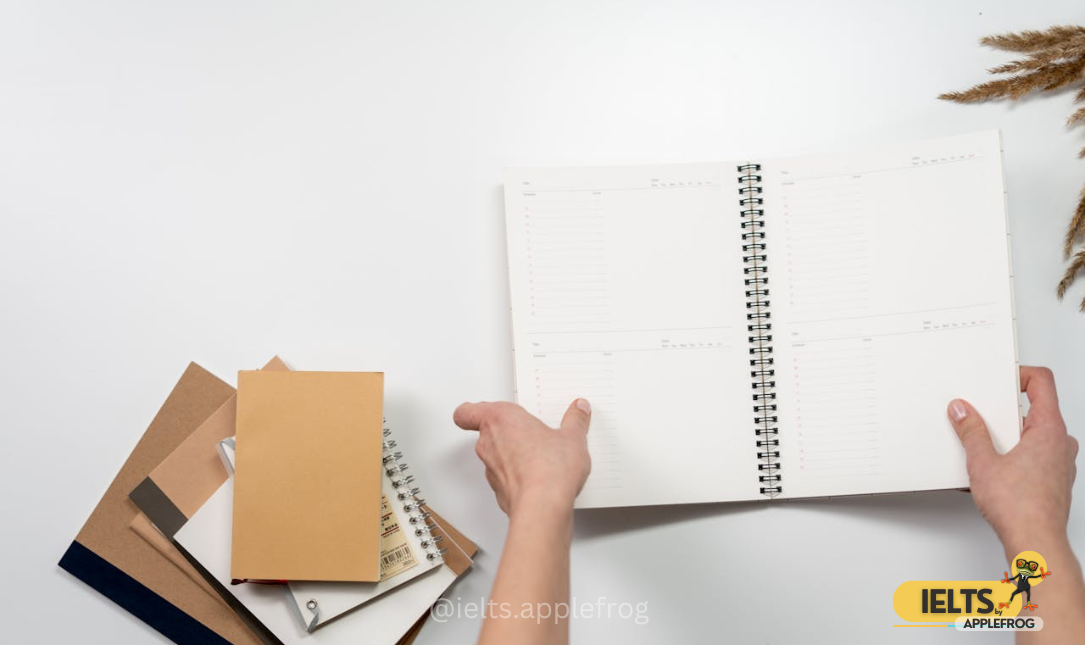
Do You Need to Improve Your Fluency for the IELTS Speaking Test?
Improving fluency for the IELTS Speaking Test is a common challenge for many students. Speaking under pressure can be difficult, but with regular practice and the right strategies, you can make significant progress. This blog will guide you with actionable tips and exercises to enhance your fluency and confidence.
What Is Fluency?
Fluency is the ability to communicate smoothly and effortlessly. It involves speaking without interruptions, expressing your ideas clearly, and using a natural rhythm and pace. To improve fluency, practice speaking English frequently and familiarize yourself with the topics you discuss. Relax, and speak naturally—confidence is key.
Key Aspects of Fluency:
- Speaking without hesitation
- Conveying ideas confidently
- Using clear and natural language
Why Is Fluency Important for the IELTS Speaking Test?
Fluency plays a crucial role in the IELTS Speaking Test. It ensures your thoughts are conveyed effectively, allowing the examiner to follow your ideas. Improving fluency boosts your confidence and overall performance.
Tips to Enhance Fluency:
- Engage in daily English practice
- Expand your vocabulary
- Speak at a steady, natural pace
- Avoid filler words like “um” or “like”
- Construct sentences logically
Tips to Improve Your Fluency
Developing fluency requires consistent effort and strategic practice. Here are some tips:
1. Practice Regularly
Speak English as often as possible. The more you practice, the more comfortable and fluent you will become.
2. Use Repetition
Repeat sentences to maintain a flow and avoid long pauses.
3. Leverage Connectors
Use linking words like “however,” “moreover,” or “therefore” to create a seamless flow in your speech.
4. Avoid Literal Translation
Thinking in your native language can slow you down. Train yourself to think directly in English.
5. Stay Patient
Fluency takes time. Be consistent, and celebrate small improvements.
Common Mistakes to Avoid
Be mindful of these pitfalls that can hinder your fluency during the test:
- Frequent pausing
- Speaking too quickly
- Overthinking responses
- Using unnecessarily complex words
- Making excessive corrections
Practice Makes Perfect – 5 Ways to Practice Your Fluency
Practice is essential for fluency improvement. Try these methods:
1. Partner Conversations
Engage with a language partner to practice real-world dialogues.
2. Watch English Videos
Improve comprehension and fluency by watching English content.
3. Read Aloud
Read newspapers or articles to improve vocabulary and pronunciation.
4. Listen to Podcasts
Podcasts offer exposure to diverse accents and conversational styles.
5. Take Practice Tests
Simulate test conditions with online IELTS Speaking practice tests.
Expert Tips for IELTS Speaking Test Fluency
Here are some expert suggestions to excel in fluency during the test:
1. Stay Relaxed
A calm and composed mindset enhances fluency. Speak clearly and take pauses to gather your thoughts.
2. Practice Often
Frequent practice improves confidence and fluency. Use correct pronunciation and grammar consistently.
Fluency is not just about speaking; it’s about expressing your ideas smoothly and confidently. Practice and persistence are your best allies.
Fluency is the cornerstone of effective communication in the IELTS Speaking Test. Regular practice, proper pronunciation, and confidence will help you improve. Speak English daily, join discussion groups, and embrace mistakes as part of the learning process. With dedication and these strategies, you’ll achieve remarkable fluency in no time.












 Here can be your custom HTML or Shortcode
Here can be your custom HTML or Shortcode
0 Comments